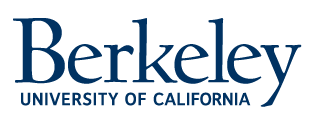 |
Linking the Sustainable Development Goals to Earth Observations, Models and Capacity Building December 9-10, 2016, Berkeley, California, USA |

 |
Workshop infos
Relevant Links and Documents Interactions of SDGs
Implementation and Monitoring of SDGs
Capacity Building and Transformation
Tools, Platforms, Knowledge
|
ABSTRACTA Food-Energy-Water Calculator, with initial application to Western Kansas Mary C Hill (KU), Ruth Douglas Miller (KSU), Danny Rogers (KSU), and Joshua Roundy (KU) Many agricultural areas are facing difficult local circumstances, some of which pose challenges to attaining the Sustainable Development Goals (SDBs). Kansas is one example, with problems typical of other national and global locations. Past agricultural and hydrologic data document how irrigation in western Kansas has produced a multi-billion-dollar agricultural economy that is now threatened by pumping-induced declines in groundwater storage. A disincentive of reducing pumping is the economic impact of diminished irrigation. One alternative is a water-energy tradeoff that seeks to enable enduring use of the Ogallala aquifer while maintaining local income levels through development of the rich regional wind and solar energy resources in a way that enhances local economic benefits. In considering this alternative, most citizens are currently unable to address a key question, “What could this mean for me?” Answers require knowledge of agriculture, energy, water, and drought probabilities. This knowledge is available at Kansas universities, and needs to be communicated to the people. This talk presents a University of Kansas-Kansas State University effort to address this need through development of the Food-Energy-Water Calculator. The talk will present the idea and discuss how the calculator would work. It is suggested that the proposed framework would provide a powerful way to organize data and analysis results for use by individuals, families, and communities. Working at this personal level is critical to attaining the SDGs. |